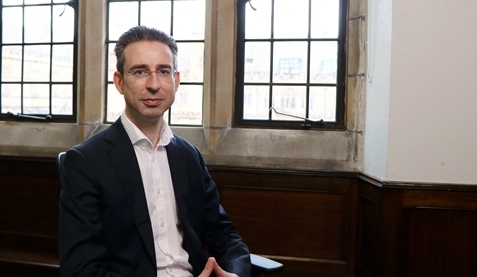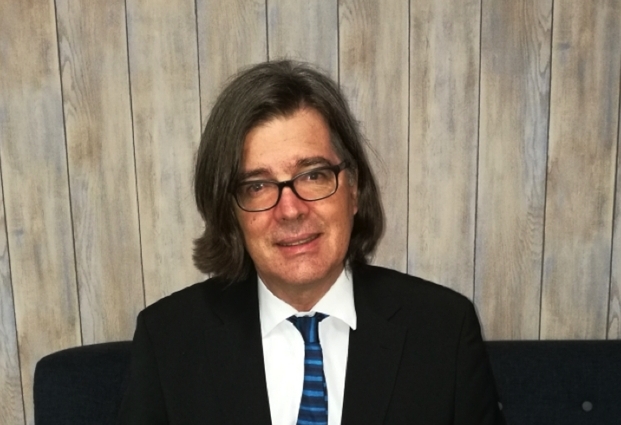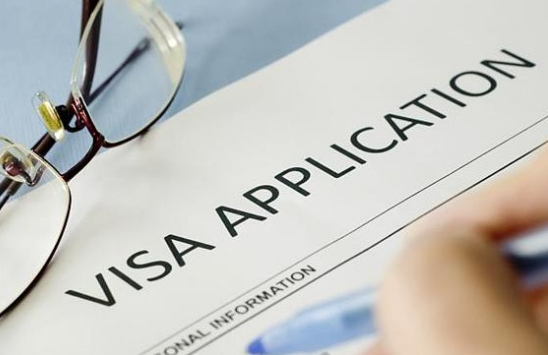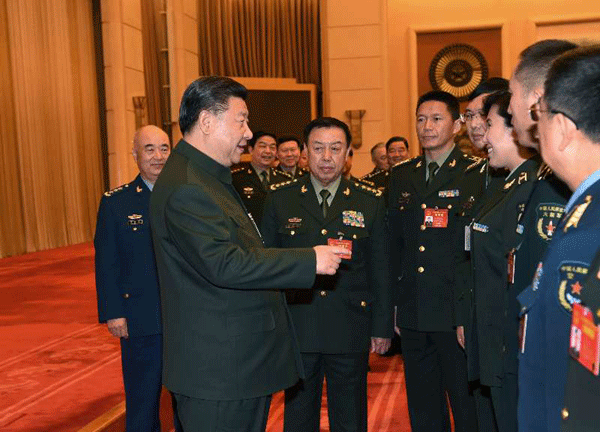“为所有有兴趣移民澳洲的人士在每一个阶段,提供最优质的帮助和最恰当的移民建议。”
——Alan Duri
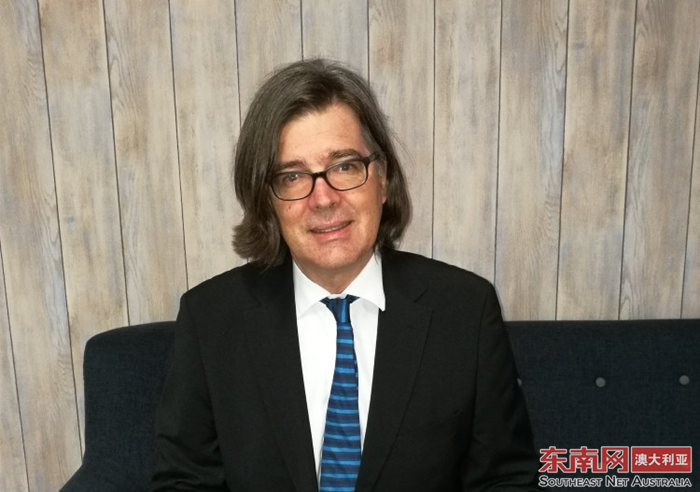
退休行政仲裁移民法庭法官——艾伦·杜里(Alan Duri)
【引言】澳大利亚移民法复杂多变,但对于有意向移民澳大利亚的人士而言,澳大利亚的签证体系通常有五条通往永久居民的路径。本文中,退休行政仲裁移民法庭法官——艾伦·杜里(Alan Duri)将为有兴趣了解澳大利亚移民体系的读者提供大致框架。关于各类别签证的具体情况和信息将在今后的文章中详细解读。
通常来说,移民澳大利亚的五条永居途径包括:
• 人道主义/难民保护签证——此类签证适用于那些在祖籍国受到政治或人道迫害的人士。
• 独立技术移民签证——此类签证适用于有着良好英语技能年轻的高技术人才。
• 家庭类签证(包括配偶签证)——此类签证适用于配偶、父母或子女是澳洲公民或永久居民的人士。
• 雇主担保类技术签证——此类签证适用于在澳洲有雇主愿意提供担保给申请人的情况
• 商业/投资移民签证——此类签证适用于有意在澳创立生意或投资澳洲的商业人士。
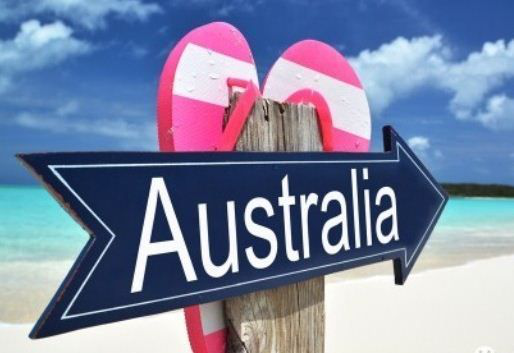
图片来源于网络。
人道主义/难民保护签证
澳大利亚政府为符合联合国有关难民公约中难民定义的人士提供难民保护签证。然而,多年行政仲裁法官的经验让艾伦明白,难民保护签证对于华人申请人来说,通常是徒劳无功的,最多只是给申请人争取更多一点的时间。艾伦认为,对于申请了保护签证中国公民来说,如果未来他们还有机会申请其他类型的签证的话,保护签证的申请记录会使申请人及其全部家人都带上不良记录,甚至会影响申请人的父母办理探亲旅游签证。
独立技术移民签证
独立技术签证适用于具有澳洲特定短缺职业技术的人才。这些短缺职业都公布在技术职业清单上,并时常更新。通常申请人需要在50岁以下,并且英语至少要达到相应英语水平。此类签证的主要特点就是申请人需达到分数测试的要求,该测试对于教育良好、熟练掌握英语的年轻人有利。另一个优势在于它并不需要申请人有雇主担保或是与有澳大利亚公民有任何的家庭联系。对于在澳学习过的年轻人而言,申请此类签证一种比较普遍的移民途径。
该签证的劣势就是对于某些职业存在着一定的配额。例如当前,会计师就比工程师更难获得签证。澳大利亚所需要的技术人员的种类会随着时间而改变,有时某些职业甚至会从职业清单中去除。申请者有可能为获取某项职业技能耗费大量时间,到申请时却发现该职业已不在职业清单中。
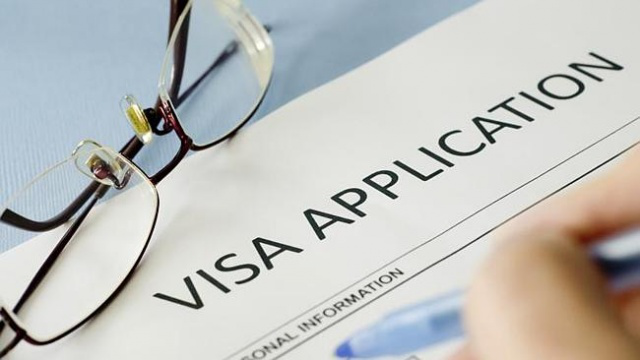
图片来源于网络。
家庭类签证
澳大利亚公民以及永久居民可以担保近亲成员,例如父母、孩子以及配偶移民澳洲。但澳大利亚政府会对某些家庭类签证每年的批签数量有所限制,这就导致非常长的等候期。例如目前最后亲属签证的等候期就超过50年,普通的父母签证就要等候长达30年才能得到审批,可以说这类的家庭的签证基本上名存实亡。艾伦在此强烈提醒申请人,如果有移民代理建议通过此类家庭签证来获取永居资格的话,一定要非常小心。
虽然父母签证可以通过付费回避长时间的等待,但这样一来,签证申请费要比普通父母移民签证的费用高出许多。本质上说,更高昂的申请费意味着更快的签证审理。
在家庭类签证中,配偶签证占获批签证的绝大部分。配偶签证没有配额,但签证审批时间可长达一年。配偶签证的审批通常分两个阶段:申请人需要先申请临时签证,再申请永久签证。他们需获得配偶的担保,并且担保必须获批。配偶签证申请中最重要的要求就是申请人与担保人间的关系必须是真实的。如果移民局认为此段关系是伪造的,其唯一的目的就是为了签证的话,那签证申请就会遭到拒绝,甚至会导致6年以上不等的禁入处罚。
雇主担保类技术签证
雇主担保签证意在帮助澳大利亚雇主招聘、提名技术人员填补当前地方劳动力市场的空缺。此类签证通常包括两个步骤,申请人首先需要取得已获批的澳大利亚雇主的提名,然后再提出签证申请。通常情况下,申请人在持有457临时工作签证并为雇主工作至少两年后可以过渡到永久签证。在未来的文章中,艾伦将会详细介绍457的签证申请过程。
此外,申请人也可以通过直接提名某个岗位获得永久签证,而不需经过457签证的过渡。这条途径对于之前没有在澳工作过的申请人是开放的,前提是他们需得拿到澳洲雇主的提名。对于那些被担保去边远地区工作的人士,要求会相对宽松。边远地区雇主提名签证的优势在于更易获得签证,而劣势在于签证申请成功的申请人必须按要求需在边远地区工作相应的年限。
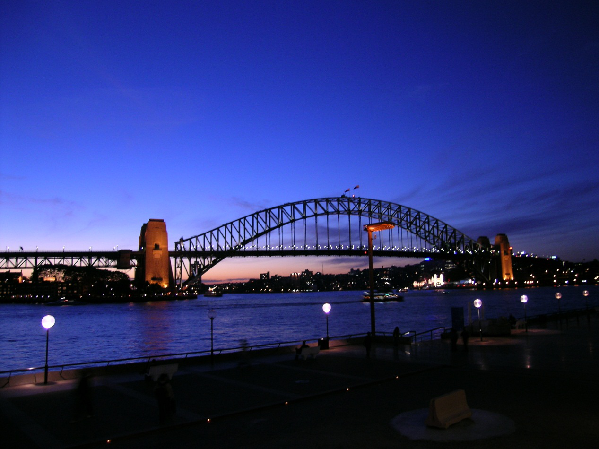
图片来源于网络。
商业/投资移民签证
不同的商业与投资签证适用于可以证明自己拥有成功的创新、投资或经商历史,并能够对澳洲经济作出巨大贡献的成功商业人士。商业投资签证需要州或领地政府的提名,主要由以下三种类别的签证构成:
一、商业天才签证(132类永居签证)
二、商业创新与投资签证(188类临时签证)
三、商业创新与投资签证(888类永居签证)
大部分商业创新与投资的移民持188类临时签证进入澳大利亚至少四年,在成功证明已满足188类商业创新与投资类具体小分类的签证的具体要求后,可以申请相应的永居签证(888类)。
188类签证共有五种小分类:
1、商业创新类 (188A类):适用于想要在澳建立、发展或是管理全新的或是现存的一个生意。要求申请人至少拥有80万澳币的资产,在过去四年里持有该资产至少有两年以上的历史,可将这80万澳币转入澳洲用于创立生意以及安家,并且要有证据证明申请人所拥有的生意在过去四年里至少有两年的年营业额达到50万澳币。该签证类别有分数测试。如果申请人没有通过分数测试,那么签证就无法通过。
2、投资类别(188B类):适用于愿意在澳某个州或领地进行指定类型的投资,投资额达到至少150万澳币,并且愿意继续保持在澳商业和投资活动的商业人士。与188A相似,该签证类别也要求分数测试。
3、显著投资者类别(188C类):适用于愿意在澳某个州或领地进行指定类型的投资,投资额至少达到500万澳币,并且愿意继续保持在澳商业和投资活动的商业人士。
4、至尊投资者类别(188D类):适用于愿意在澳进行指定类型的投资,投资额高达1500万澳币,并且愿意继续保持在澳的商业和投资活动的商业人士。据了解,188D类的签证很少有商业人士申请,也很少有该类签证获批。
5、企业家类(188E类):适用于已从第三方获得至少20万澳币的投资协议,来进行符合要求的企业家活动,目的用于实现在澳某种商品或服务的商业化或是某项生意的发展。188E类签证在华人中目前并不普遍,主要是因为在所有的商业签证中,只有188E类有英语要求。
上述188类签证都是临时签证,如果申请人满足在澳的生意要求或是投资要求,并且在澳居留一定时间后,都可以在188签证的基础上申请888永居签证。如果商业移民有很高的商业技能(132A类)或是从澳大利亚风投公司——AVCAL成员处获得至少100万澳币的基金(132B类),他们也可以通过申请商业天才签证来直接获得永居资格。132A类签证要求在过四年中,申请人的主营生意(可多达两个)的年营业额至少两年里达到300万澳币,公司与个人资产总和至少达到150万澳币。
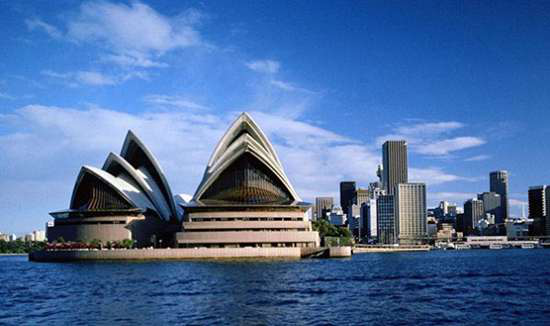
图片来源于网络。
上述内容仅是永居签证的基本概述。在接下来的文章里,艾伦·杜里还将深度分析不同的签证选择。欢迎持续关注本专栏,获取最权威的澳洲移民资讯。
FIVE PATHWAYS TO PERMANENT RESIDENCY
Australia’s visa system has five pathways to permanent residency. Broadly speaking these pathways are:
•Humanitarian/protection visas-These visas apply to people who have claims of persecution in their home country.
•Independent skilled visas-These visas apply to highly skilled young people with good English skills.
•Family visas (including partner visas)-These visas apply to people who have a partner, parent or child who is an Australian citizen or permanent resident.
•Sponsored skilled visas-These visas apply to people who have an employer in Australia who is willing to sponsor them.
•Business/investment visas -These visas apply to business people with the intention to start a business or invest in Australia.
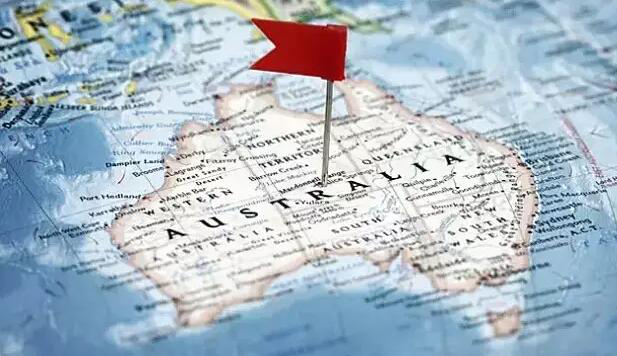
图片来源于网络。
Australian migration law can be complicated. The following article is a very broad overview.
Protection/humanitarian visas
Australia gives protection visas to people who meet the United Nations Refugee Convention definition of being a “refugee”. Most people who are granted humanitarian or protection visas from outside Australia usually come from refugee camps around the world, for example from war torn zones in Africa. However it is theoretically possible to apply for a protection visa while in Australia. For example there is nothing stopping a Chinese citizen who comes to Australia on a visitor visa to apply for protection. My experience is that in the Chinese context that the protection visa option is usually futile and at best buys the person a bit of extra time in Australia. In fact I think that it is usually counterproductive for Chinese citizens to apply for protection as it gives that person and their family members a black mark if they apply for legitimate visa in the future.
Independent skilled visa
Independent skilled visas are available to people who have suitable skills in particular occupations that are in short supply in Australia. These occupations are on a published “Skilled Occupation List” and can change over time. Usually the person needs to be under 50 and have at least competent English. A key feature of this visa is that an applicant needs to satisfy a “points test”. This points test favours well educated young people with high command of English.
An advantage of this visa is that it does not require a person to be sponsored or have any family connection to an Australian. This type of visa is a common pathway for young Chinese who have studied in Australia.
A disadvantage for this type of visa is that there are quotas with some of the occupations. For example, I know that qualified accountants have less chance of being offered a visa than engineers. The mix of skilled workers required by Australia changes over time and sometimes some occupations are taken of the skilled list. Therefore, it is possible to waste your time obtaining skills in a particular occupation only to find that at the end the occupation has been taken off the skilled list.
Family visas
Australian citizens and permanent resident can sponsor close family members such as parents, children or spouses to migrate to Australia.
However in practice some of these visas have huge waiting lists. The Australian government limits the numbers of some of the family visas that can be granted each year. The result is that there are long queues. For example the current wait for a “remaining relative” visa is over 50 years. A normal parent visa can take over 30 years to process. Essentially some of these family visas are visas in name only. I urge extreme caution if anyone is offered a pathway through one of these family visas. However, a parent visa that escapes this long queue is called the “contributory parent” visa. As the name suggests this visa requires a significantly higher visa application. Essentially the payment of the higher fee means a quicker visa processing time. Partner visas account for the majority of visas granted in the family visa category. There is no quota for partner visas but processing can take up to one year.
Partner visas are processed in two stages – the visa applicant partner first applies for a provisional (temporary) visa, and then a permanent visa. They must be sponsored by a partner and that sponsorship must be approved.
The central criterion for a partner visa is that the relationship between the two people be “genuine”. If the Department thinks that the relationship was contrived solely so enable a visa, then the visa application will be refused.
Sponsored skilled visas
Employer sponsored visas are designed to help Australia’s employers to recruit and nominate skilled people to fill positions that they have not been able to fill from the local labour market. This visa involves a two-step process, firstly, nomination by an approved Australian employer and then an application. A common pathway is for a person has been working for an employer for at least two years while holding a temporary 457 visa to “transition” to a permanent visa. I will discuss the 457-visa process in future articles.
Alternatively, a person can be directly nominated into a position without the need to go through the 457 process. This pathway is open to people who have never previously worked in Australia. However, the person must be nominated by their Australian employer. The rules are slightly relaxed for those who are sponsored to work in regional areas. The advantage of a Regional Employer Nomination visa is that it could be easier to get a visa. The disadvantage is that the successful applicant would be required to work in a regional area.
Business/investment visas
Various business and investment visas are available to those that have a demonstrated history of success in innovation, investment and business and are able to make a significant contribution to the Australian economy.
Business and Investment visas require nomination from a State or Territory government and are made up of three subclasses:
•Business Talent (Permanent) visa (subclass 132)
•Business Innovation and Investment (Provisional) visa (subclass 188)
•Business Innovation and Investment (Permanent) visa (subclass 888).
Most business innovation and investment migrants enter Australia on a provisional visa subclass 188 for a minimum of four years and after satisfactory evidence of a specified level of business or investment activity can apply for permanent residence (subclass 888). The subclass 188 visa has five “streams”:
•Business Innovation stream (“subclass 188A”): for people with business skills who want to establish, develop and manage a new or existing business in Australia. At a bare minimum a person requires at least AUD800,000 available to establish a business in Australia as well as evidence that in at least two of the last four years the person owned a business with a annual turnover of at least AUD500,000 per annum. This visa category has a “points test”. If a person does not “pass” the points test, then the visa will not be granted.
•Investor stream (“subclass 188B”):for people who want to make a designated investment of at least AUD1.5million in an Australian state or territory and maintain business and investment activity in Australia. A person must be able to demonstrate at least three years experience of direct involvement in managing business or investments. Similar to subclass 188A, the visa also has a points test.
•Significant Investor stream (“subclass 188C”):for people who are willing to invest at least AUD5million into complying significant investments in Australia and want to maintain business and investment activity in Australia. Unlike subclass 188A and 188B, a subclass 188C does not require an applicant to pass a points test. There is also no requirement that the AUD$5million need to have been held for any particular length of time. The key criteria is that AUD5million must have been lawfully acquired.
•Premium Investor stream (subclass 188D”):for people who are willing to invest at least AUD15million into complying premium investments in Australia and want to maintain business and investment activity in Australia. To my knowledge very few (if any) subclass 188D visas have ever been granted.
•Entrepreneur stream (subclass 188E”):for people who have a funding agreement from a third party for at least AUD200 000 to undertake a complying entrepreneur activity that is proposed to lead to either the commercialisation of a product or service in Australia or the development of a business in Australia. Subclass 188E visas are not common in the Chinese context because of all the business visas subclass 188E is the only one with an English language requirement
All of the above subclass 188 visas are “provisional” visas that can lead to the grant of a permanent subclass 888 visa provide the person maintains the business/investment in Australia and also spends a certain amount of time in Australia. Alternatively, business migrants can apply for a business talent visa to get direct permanent residence if they have high level business skills (“subclass 132A”) or have obtained at least AUD1million funding from an Australian venture capital firm -AVCAL member, (“subclass 132B”).
The subclass 132A visa requires that in at least two of the last four years, the applicant’s main business(es) had an annual turnover of at least AUD3 million.
The business and personal assets also need to be at least of at least AUD1.5million.
The above is a very general overview of the permanent visa options. In the next few articles I will be providing more in depth analysis of the different visa options.
Alan Duri Director and founder of Yang & Duri Migration Sydney Australia.



